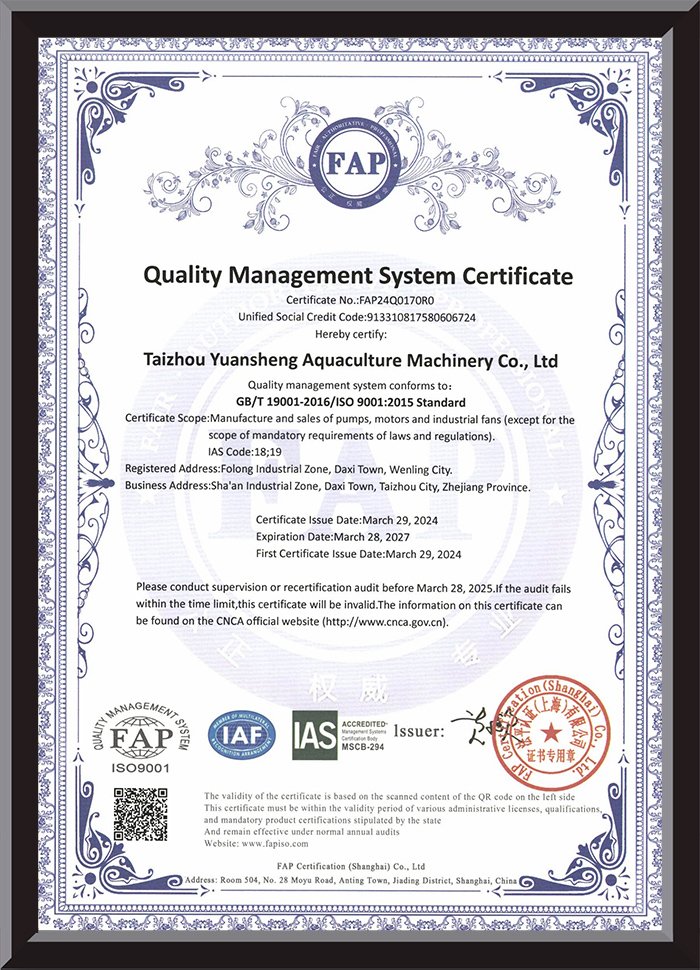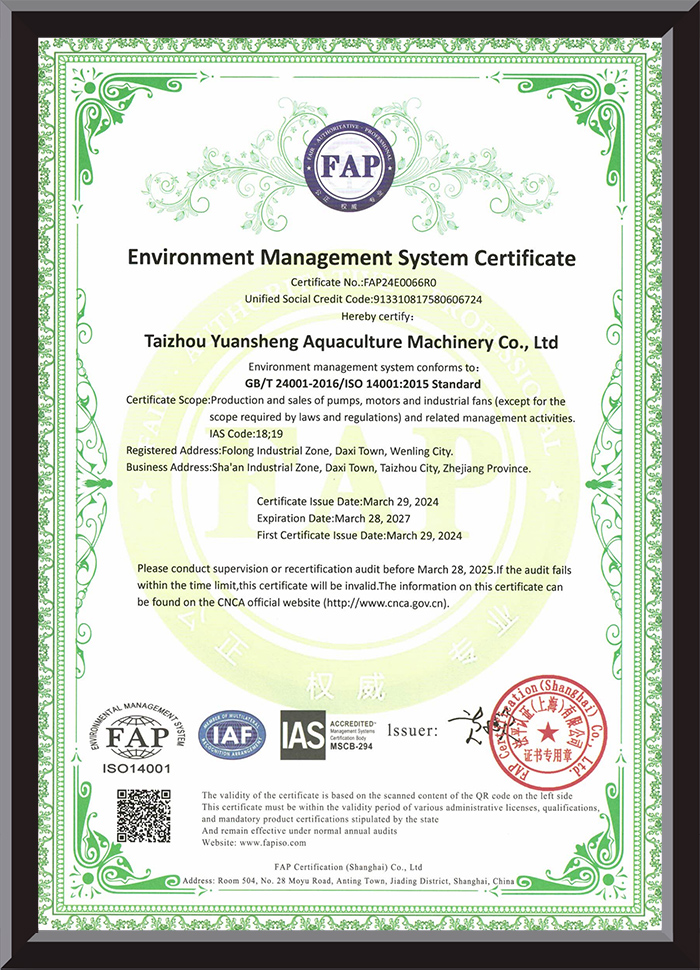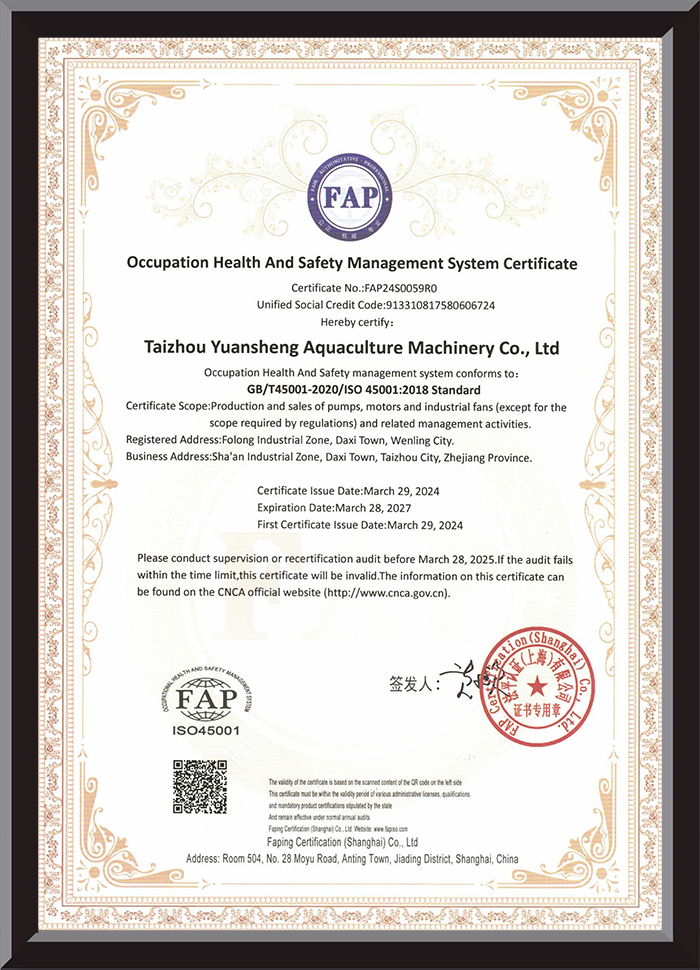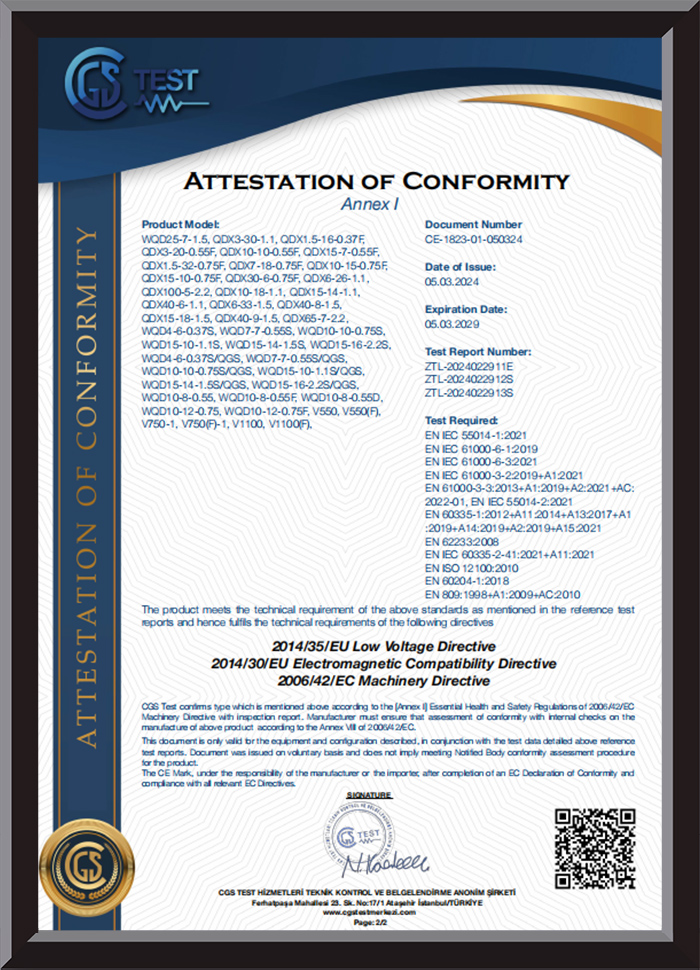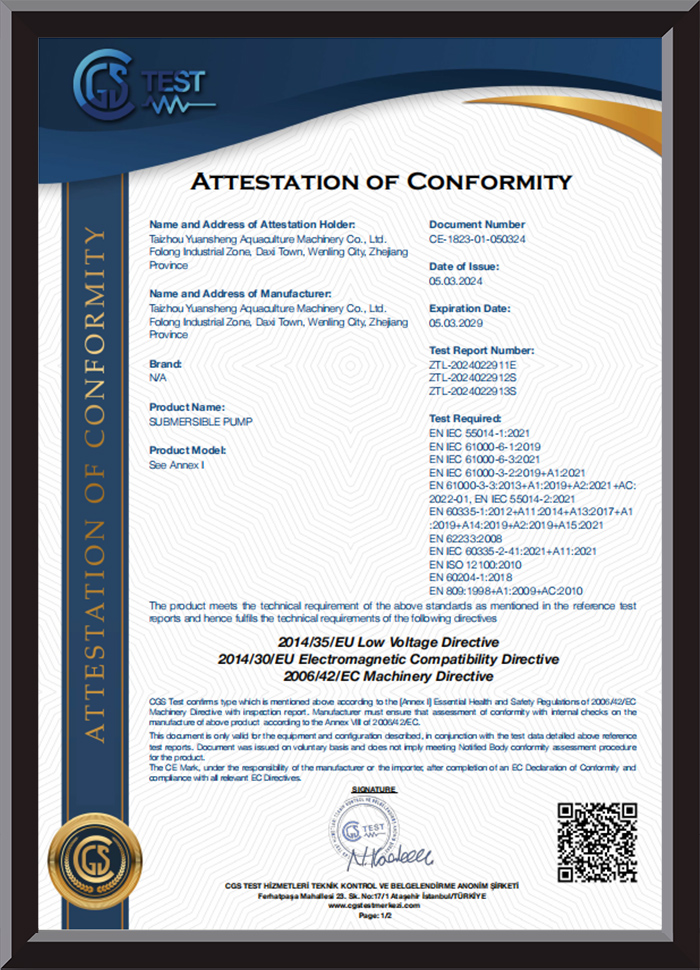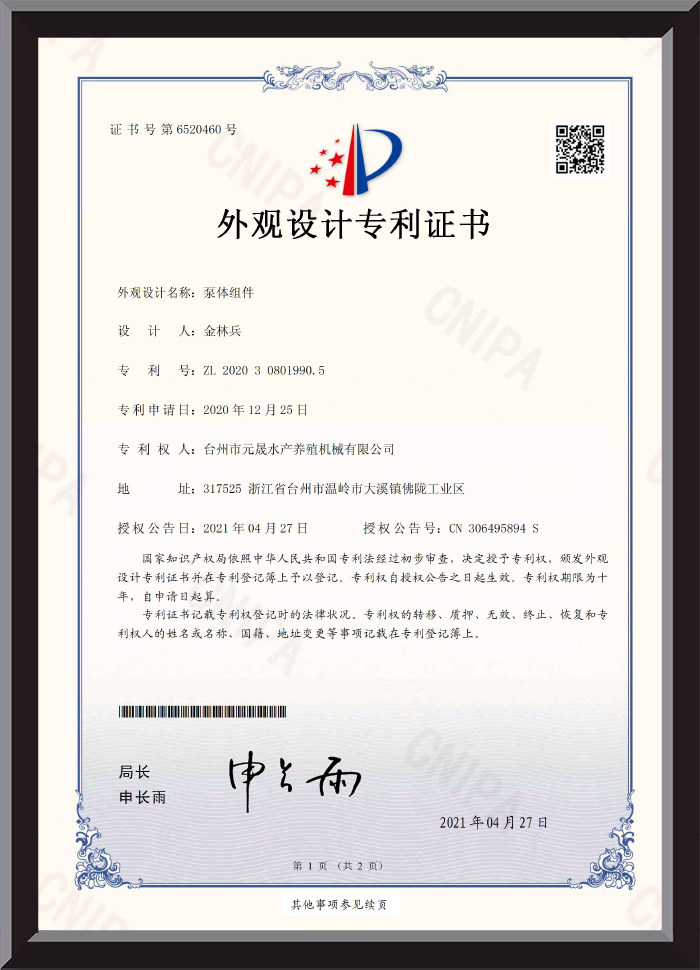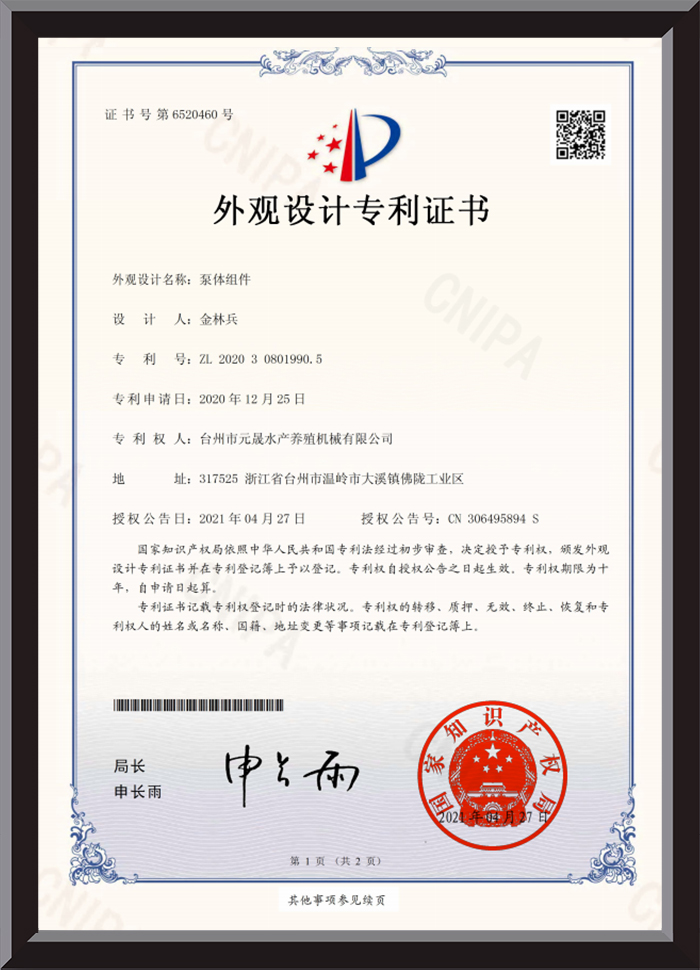Impeller type aerators are increasingly utilized in water management and aquaculture due to their unique method of oxygenating water. These devices employ a rotating impeller to move water, generating...
Product Category:
Product:
We can save cost and create value for you
Circulation Pump Supplier
-
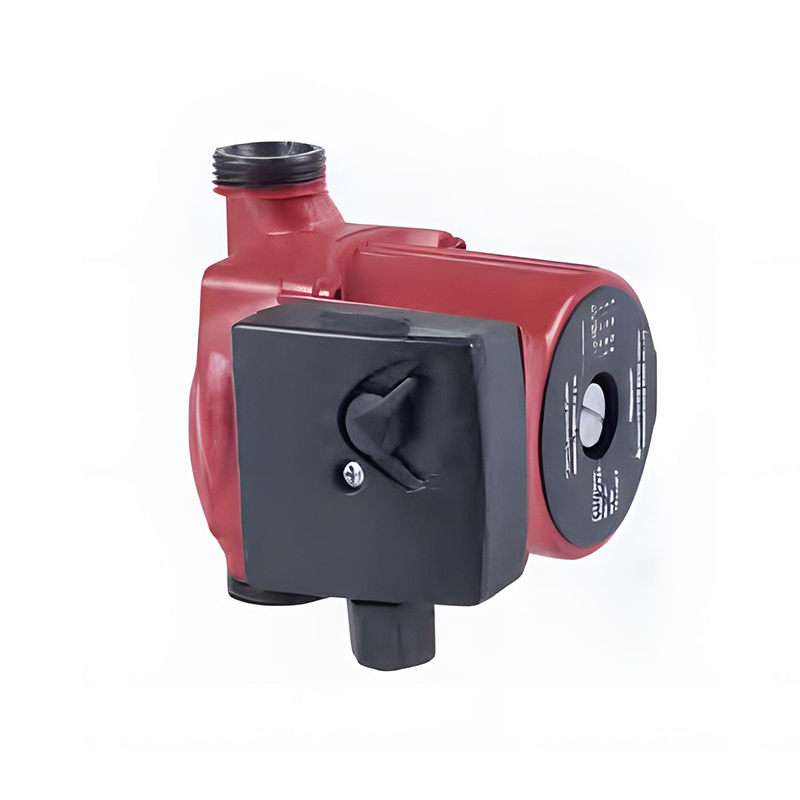
PBG Three Speed Circulation Pump
-
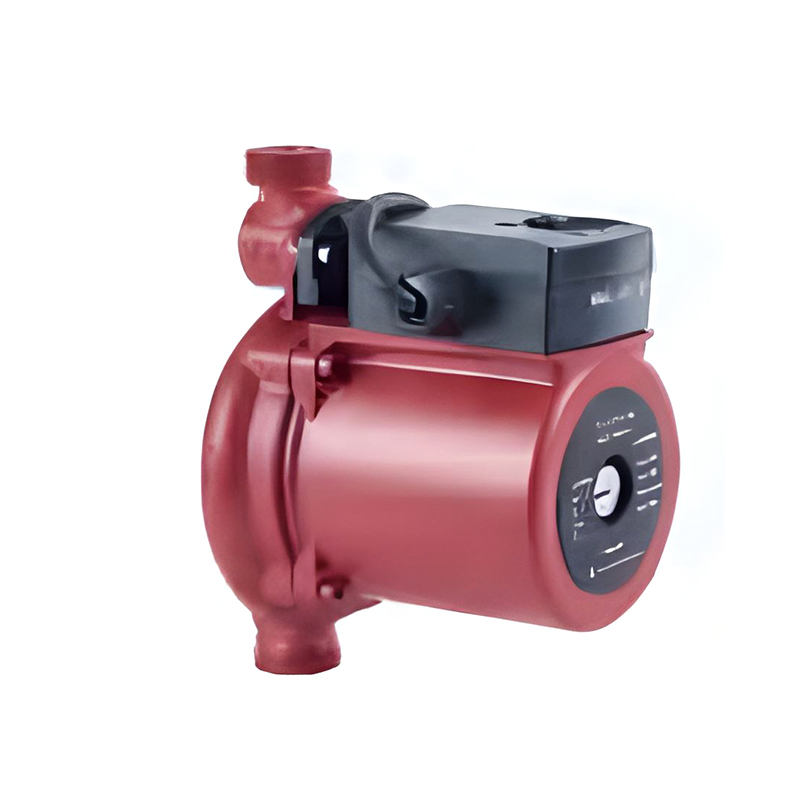
PBG-Z Automatic Booster Circulation Pump
-
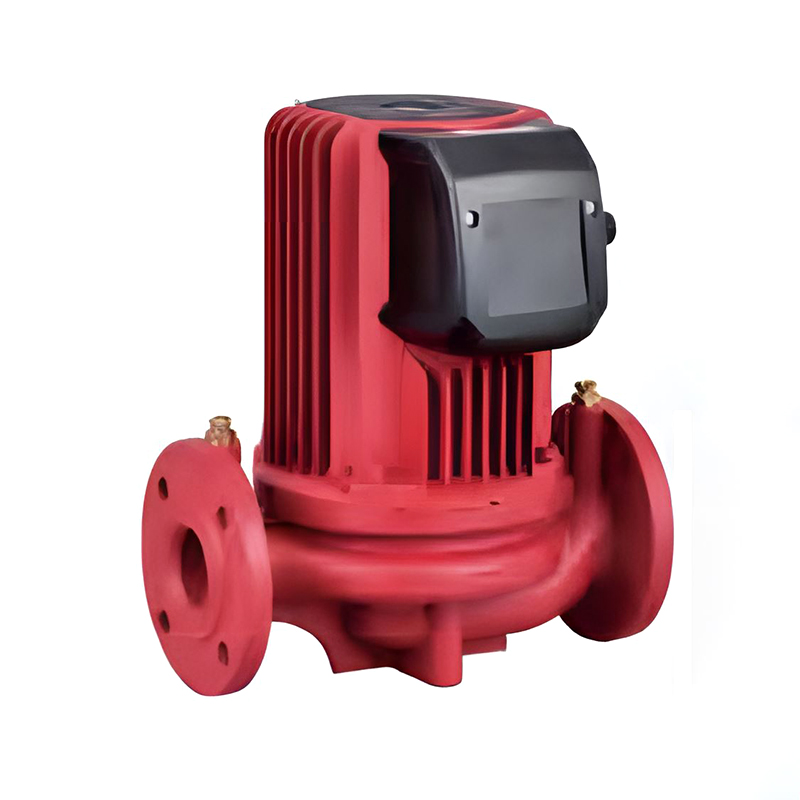
PBG-F Single Speed Circulation Pumps
-
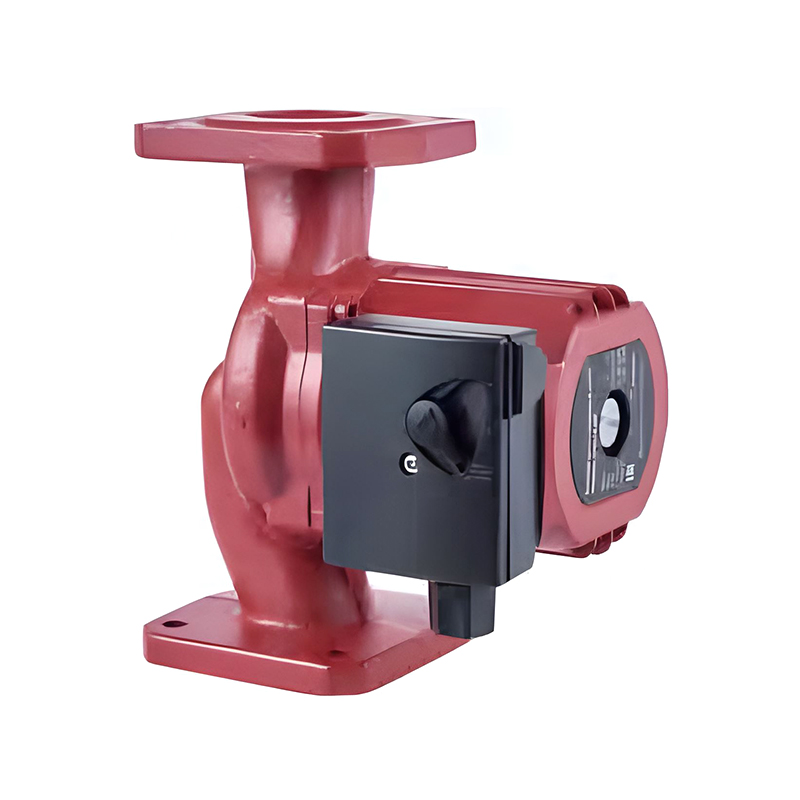
PBG-F High-Performance Three-Speed Circulation Pump
A circulation pump is an essential component in a variety of systems where fluids need to be moved continuously. These pumps are designed to circulate liquids, such as water or coolant, within closed-loop systems. Whether in residential heating, industrial processes, or cooling systems, circulation pumps play a pivotal role in ensuring efficiency and functionality.
Advantages of Circulation Pumps
Energy Efficiency
One of the most significant advantages of a circulation pump is its energy efficiency. By maintaining a continuous flow of fluids, the pump minimizes energy loss, ensuring that systems like heating and cooling remain effective with minimal power consumption. Advanced models come with variable speed drives, further enhancing energy savings.
Improved System Performance
In systems such as HVAC, hot water recirculation, or industrial cooling, circulation pumps help maintain consistent fluid flow, ensuring optimal heat transfer and consistent temperatures. This ensures that systems perform more reliably and maintain peak efficiency over time.
Longevity and Durability
High-quality circulation pumps are designed for long-term use. With corrosion-resistant materials and robust construction, these pumps can operate for years without frequent breakdowns. This durability reduces maintenance costs and enhances system reliability, which is crucial in applications that demand continuous operation.
Space Saving
Many modern circulation pumps are compact and designed to be installed in tight spaces. This is particularly beneficial in environments where space is limited, such as residential homes with underfloor heating or industrial settings with complex piping arrangements.
Features of Circulation Pumps
Variable Speed Control
Circulation pumps with variable speed capabilities can adjust their operation based on the system’s demand, ensuring optimal flow rates. This feature is particularly useful in applications like solar water heating systems, where the flow rate needs to be adjusted according to changing temperature and environmental conditions.
Corrosion-Resistant Materials
To ensure long-term reliability, most circulation pumps are made with corrosion-resistant materials, such as stainless steel or high-grade plastics. These materials prevent rust and degradation over time, especially in systems where the pump is exposed to harsh or chemically reactive fluids.
Noise Reduction Technology
Modern circulation pumps are engineered to operate quietly, reducing noise pollution in residential or commercial spaces. Innovations like noise-reducing motors and vibration-dampening mounts ensure that the pump runs smoothly without disturbing the surrounding environment.
Built-in Protection Features
Many circulation pumps come with built-in protection mechanisms, such as thermal overload protection, dry-run protection, and pressure sensors. These features ensure that the pump operates safely and avoids damage, even in demanding conditions.
Applications of Circulation Pumps
Residential Heating Systems
In residential applications, circulation pumps are commonly used in hydronic heating systems, such as underfloor heating or radiator systems. The pump circulates hot water throughout the system, providing consistent warmth and comfort while improving energy efficiency by reducing heat loss.
Industrial Cooling Systems
Circulation pumps are a key component in industrial cooling systems, where they circulate coolants through machinery to prevent overheating. In industries such as manufacturing, automotive, and power generation, these pumps help maintain proper temperature levels and prevent system failures.
Solar Heating Systems
In solar thermal systems, circulation pumps circulate heated water or other fluids from solar collectors to storage tanks. This ensures that the collected energy is efficiently stored and used when needed, making solar heating a more viable and energy-efficient option for both residential and commercial buildings.
Aquarium Systems
In aquariums, circulation pumps are used to maintain water movement, ensuring proper filtration and oxygenation for the aquatic life. These pumps help keep water quality high by promoting water circulation, which is essential for the health of fish and other marine creatures.
Aquaculture and Fisheries
In aquaculture, circulation pumps are vital for maintaining water flow in tanks or ponds, ensuring that oxygen is adequately distributed to fish or other aquatic organisms. This helps improve growth rates and the overall health of the aquatic life being cultivated.
Taizhou Yuansheng Aquacul Ture Machinery Co., Ltd.

Certificate of Honor
OUR LATEST NEWS
-
How Does an Impeller Type Aerator Improve Water Quality?
Read More -
How Does a Surge Wave Aerator Work?
Read MoreA surge wave aerator is a water aeration device designed to improve oxygen levels in ponds, tanks, and other aquatic systems by using specialized structural designs. At the core of its operation is th...
-
Modern Solar Panel Aerators
Read MoreSolar panel aerators have seen significant development in recent years, offering versatile designs that support sustainable agriculture and water management in remote locations. Modern models prioriti...
-
How to Choose a Float Type Aerator
Read MoreIn recent years, the use of the Float Type Aerator has steadily expanded across aquaculture, water quality management, and ecological restoration projects. Unlike compressed air diffusion systems, flo...


 English
English 中文简体
中文简体 عربى
عربى